Biomedical Sciences
undergraduates
Truly interdisciplinary in nature, the Biomedical Sciences course at the University of Oxford allows students to develop an integrated understanding of the causes and treatments of human diseases. There are opportunities later in the course to undertake laboratory research and to develop a research project in a field of personal interest. Although the undergraduate degree programme is relatively young, Oxford is an established leader in biomedical research.
After gaining a brief overview of the subject in first year, you can pick which options you’d like to study for the rest of your degree, giving you the opportunity to explore your own interests – so it never gets boring.
Jack, Biomedical Sciences
- Why study Biomedical Sciences at St Edmund Hall?
- Research Opportunities
- Prospects
- Course Requirements
St Edmund Hall has a particularly strong relationship with Biomedical Sciences and our Fellow in Physiology, Professor Robert Wilkins, is the course director. Our Biomedical Scientists belong to a friendly and intellectually-stimulating community at the College, who support each other in their work as much as possible. Undergraduates engage with a large number of Senior and Junior Research Fellows, who are working in diverse fields ranging from cellular pathology to genetics, to cellular and systems neuroscience.
There are regular medical sciences events, drinks and presentations in College organised for and by our students, and the University’s Biomedical Sciences student society often holds its events at Teddy Hall. Our students also have the opportunity to be involved in St Edmund Hall’s Centre for the Creative Brain, through attending its regular free events or becoming part of its organising committee. The Centre for the Creative Brain aims to open up discussion about neuroscience in a wider context by bringing together scientific experts and those from other fields such as literature, art and music, to further our understanding of the brain.
The College Library houses an up-to-date collection of texts related to the degree programme, and the science area and science library are only a few minutes from St Edmund Hall by bike or on foot.
Having a wide range of Fellows with active research programmes offers our Biomedical Sciences and Medicine students some excellent opportunities to take part in original scientific research, as a lab intern during the summer vacation or during their final-year research project.
Videos
Find out more about the research interests of some of our academics by watching these short talks, given at the College's Research Expos and aimed at a non-specialist audience.
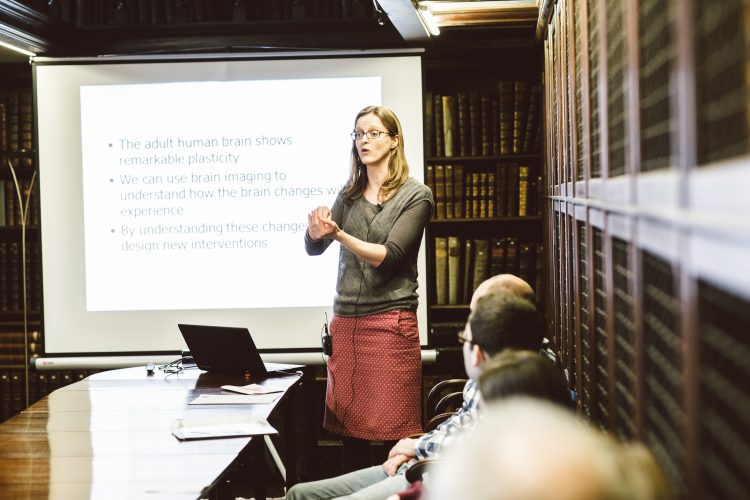
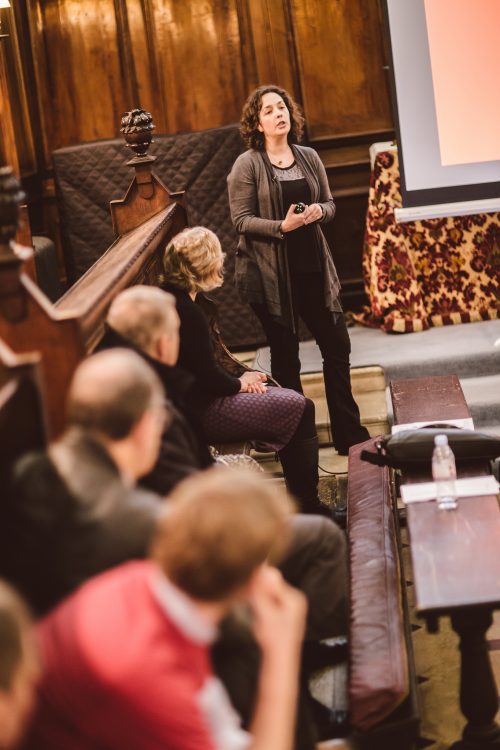
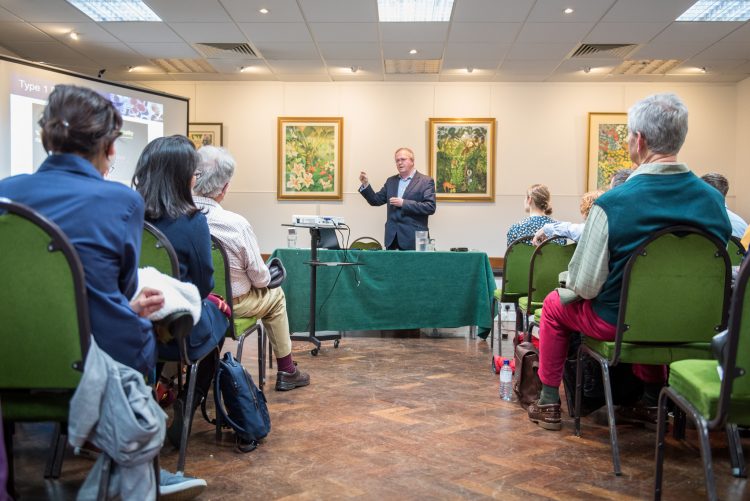
Prof. Paul Johnson
Pancreatic Islet Transplantation for Type 1 Diabetes – Bench to Bedside
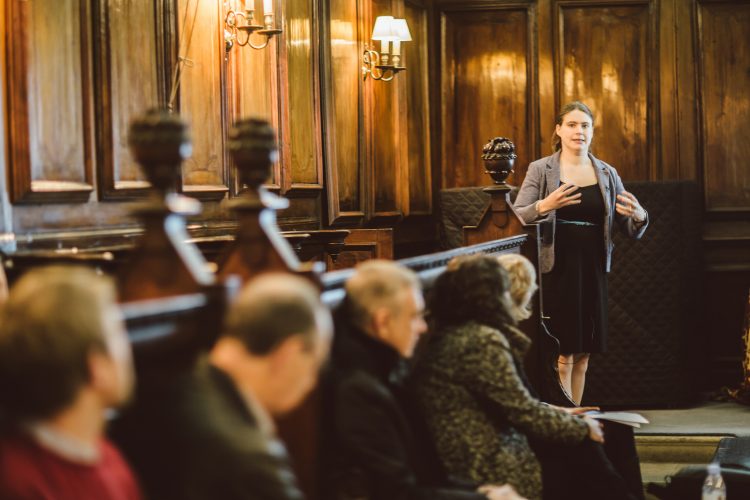
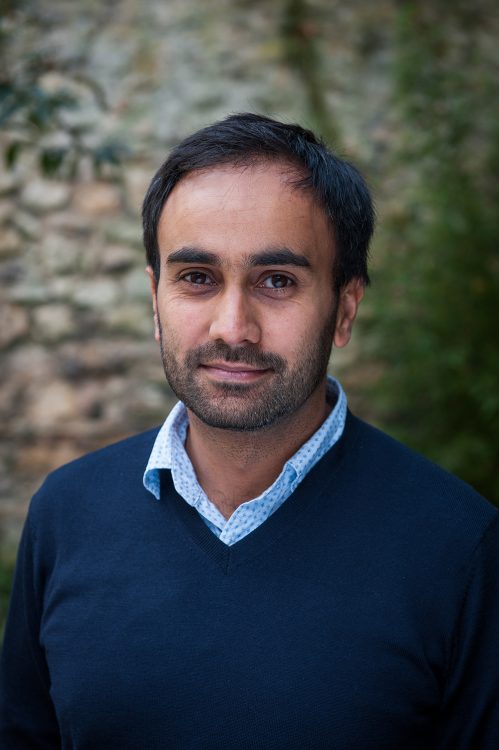
Thanks to Oxford’s unique teaching style and structure, the Biomedical Sciences course will equip you with the knowledge and transferable skills necessary for a career in research, in the pharmaceutical or biotechnology fields or as a psychologist. Of course, the degree will also qualify you to pursue further study with a Master’s degree or Doctoral training. The course would also provide a solid foundation with which to apply for a course in Medicine.
Entrance requirements for all courses at St Edmund Hall match those listed in the University Prospectus. Biomedical Sciences applicants are expected to be studying at least two science courses at A level (or equivalent).
All candidates for Biomedical Sciences will be required to sit the Biomedical Sciences Admissions Test (BMSAT) shortly after applying. For more information on the BMSAT, including how and when to register for the test, please visit the University website.
Our Tutors
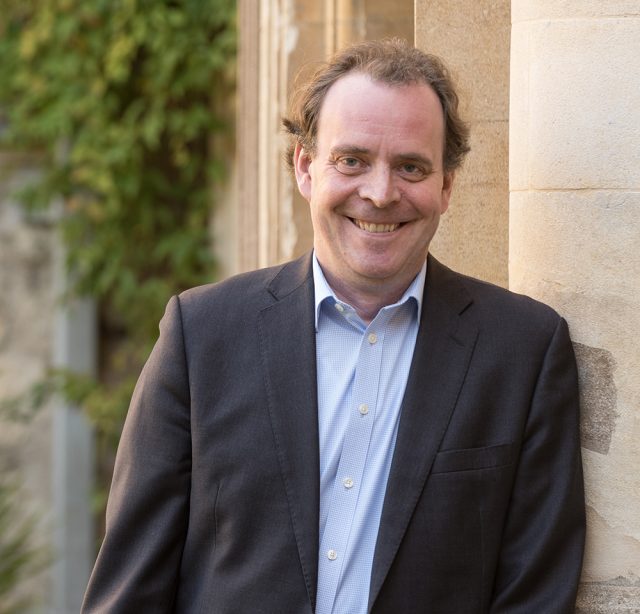
Robert
Wilkins
American Fellow and Tutor in Physiology
Undergraduate teaching at the Hall is led by our Tutorial Fellow, Professor Robert Wilkins, who is also Tutor for Admissions. He provides tutorial teaching in cellular and systems physiology and his research is in the field of cellular dysfunction and disease. Professor Wilkins is also Director of the Biomedical Sciences course in the Medical Sciences Division.

Iana
Alexeeva
Stipendiary Lecturer in Psychology
Dr Iana Alexeeva is a Stipendiary Lecturer in Psychology. Her research interests lie within the areas of health psychology, cognitive psychology, and behavioural medicine. She teaches Individual Differences, Psychological Disorders, Developmental Psychology, Cognitive Psychology, Information Processing, Perception, Language and Cognition, Psychology Theories, and Health Psychology.
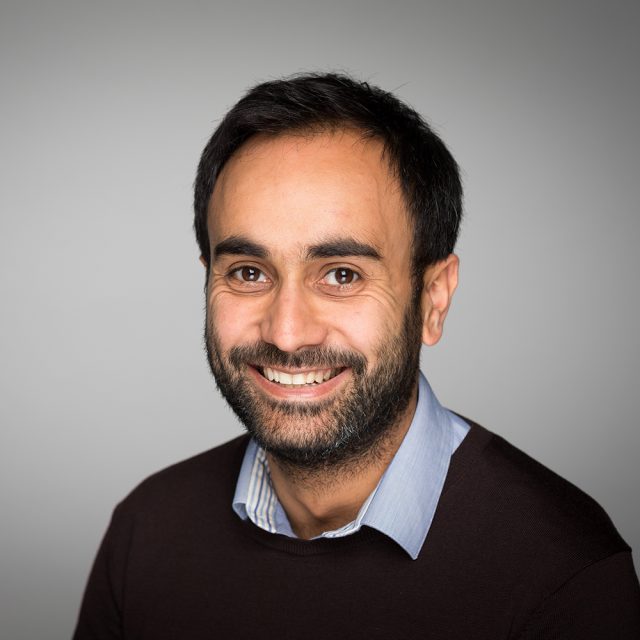
Hussein
Al-Mossawi
Fellow by Special Election in Medical Sciences
Dr Hussein Al-Mossawi has been teaching pathology and immunology at St Edmund Hall since 2009. He is a specialist in rheumatology and his current research interests are focused on characterising immune responses in autoimmune inflammatory diseases such as ankylosing spondylitis.
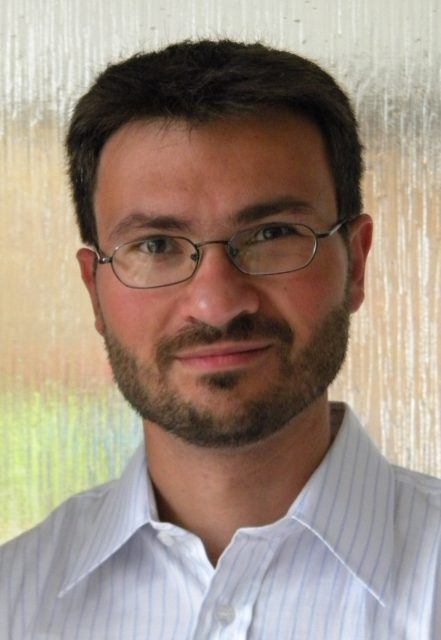
Rafal
Bogacz
Associate Lecturer in Clinical Medicine
Professor Rafal Bogacz gives tutorials on statistics and computational neuroscience. His research is particularly interested in modelling the brain networks involved in action selection and decision making, and understanding how brain dynamics change in Parkinson’s disease.

David
Dupret
Professor of Neuroscience
Professor David Dupret is a neuroscientist who delivers the systems neuroscience component of the course. The primary aim of his research programme is to understand how neuronal activity in the hippocampal circuit contributes to the acquisition, consolidation and recall of memory traces.

Brian
Shine
Non-Stipendiary Lecturer in Medical Sciences
Dr Brian Shine is a member of Oxford’s Metabolic Stone Team. His clinical interests are in Endocrinology and Diabetes, particularly neuroendocrine tumours, renal stones, renal tubular disorders, and metabolic disorders of calcium metabolism. His research interests include health economics modelling and the use of big data in medicine.
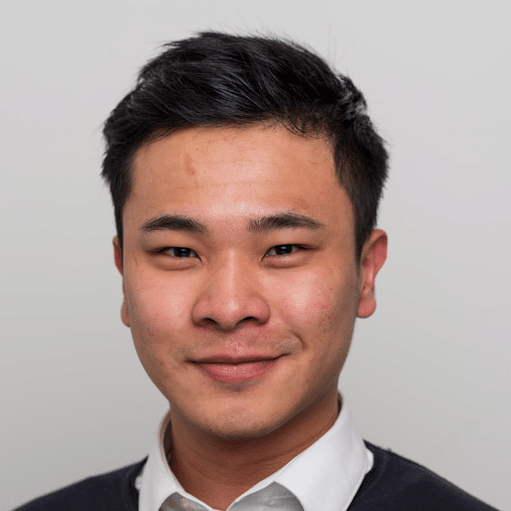
UCAS course codes
BC98
Places available: 3
See syllabus and entry requirements for further information.